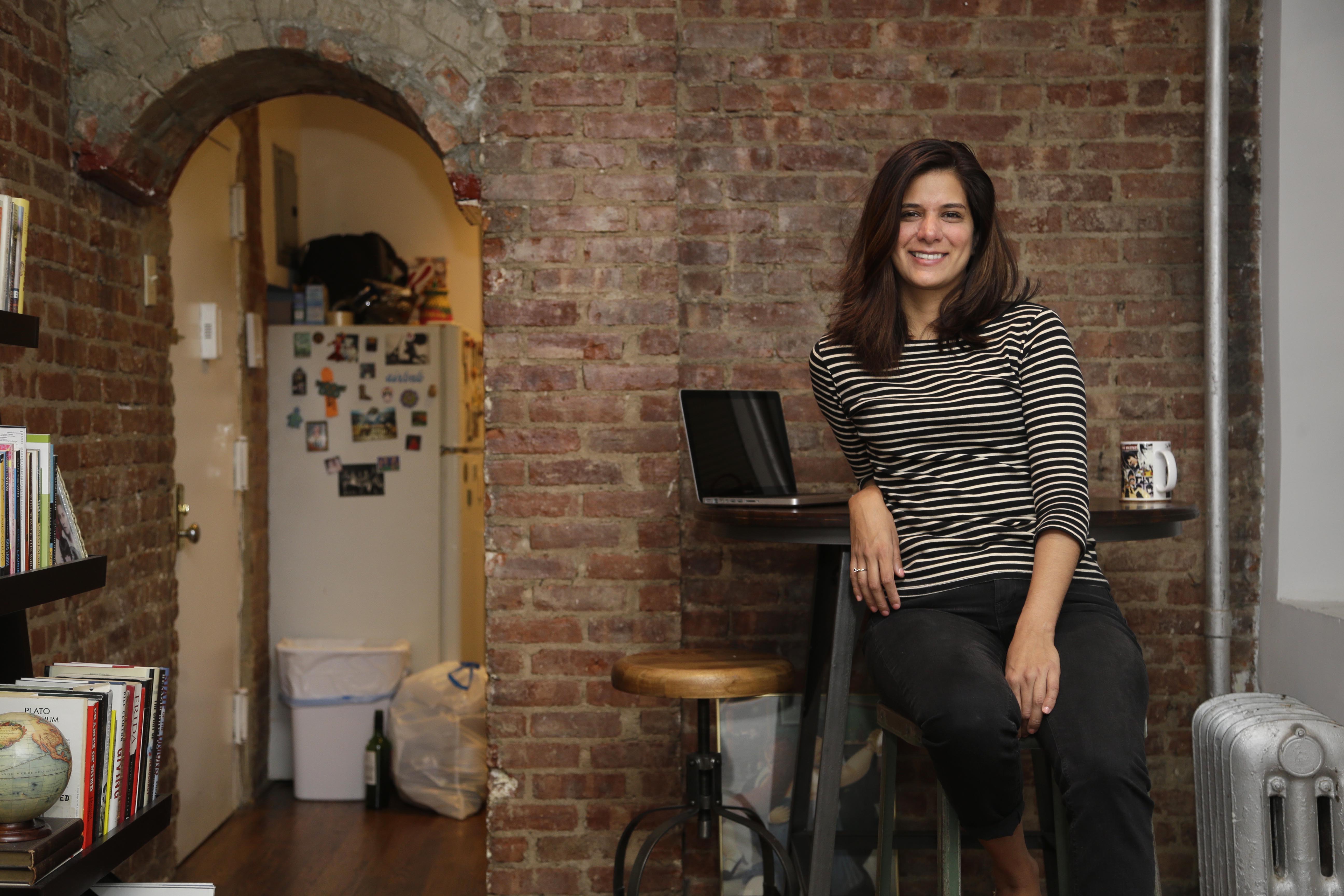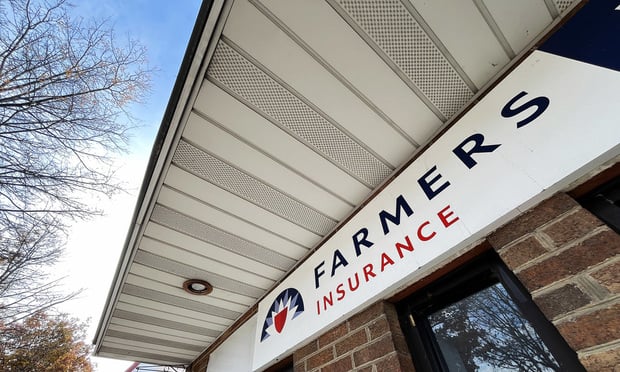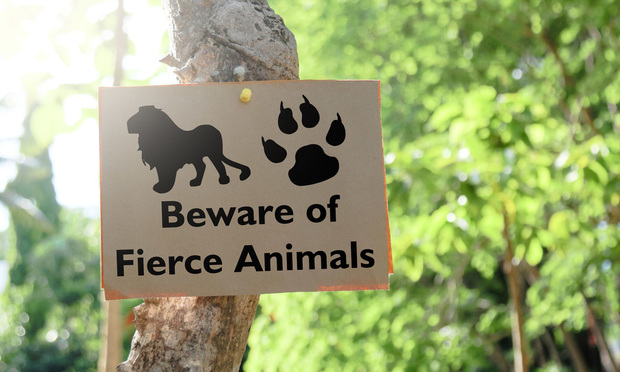Greg Offner, a producer with the Graham Co., tells GlobeSt.com that over the past few years the rental startup Airbnb has taken center stage in the global “sharing economy.”
He says in this exclusive commentary that Airbnb offers unique, affordable experiences to travelers and an easy way for renters to make quick cash. But with the cost of travel today, it's no surprise, he says.
“Airbnb's popularity has skyrocketed. However, this growing popularity has unintentionally opened building owners up to a new world of risks.”
The views expressed in the following guest commentary are the author's own.
Although the majority of travelers and tenants use Airbnb responsibly, a handful of horror stories have emerged in recent years. From condos being held hostage by guests citing squatter's rights to stolen valuables, allegations of sexual assault and damaged property, there is a great deal of risk involved for both the tenant and the building owner.
In order to mitigate the risks of Airbnb use in your property, you must take a proactive approach by understanding what your insurance policies cover, communicating your property's policies and keeping up with the changing insurance landscape.
|The biggest issue with Airbnb
Airbnb requires its users create a profile to use the platform, but it doesn't employ any additional screening or verification. Virtually anyone can have total access to your building without your knowledge or permission if they've booked through Airbnb. This is in stark contrast to the standard industry practices most property owners and landlords follow.
Typically, landlords require an extensive application and information-gathering process and a background check for tenants to mitigate the risk of damage and liability. In fact, a building owner has no contractual relationship with the Airbnb tenant, giving the owner little leverage if an incident occurs. Additionally, a building owner's rights, limitations and duties owed when dealing with an Airbnb tenant might not be fully known, which puts the building owner at greater risk.
It's not only a risky proposition for building owners. Many tenants assume their renters insurance will provide coverage in the event of damage or theft while leasing their unit through Airbnb. If a loss does occur, a tenant's renters insurance may respond and cover losses, but there is absolutely no guarantee.
Continue reading…

In this Oct. 10, 2013 file photo, Mishelle Farer poses for picture in her apartment, where she rents a room on Airbnb, in New York. Farer is an avid user of Airbnb, a website that allows travelers to rent other people's homes or rooms. (Photo: AP/Seth Wenig, File)
|The market will continue to evolve
As the sharing economy continues to evolve and new companies emerge, so will the risks and the insurance market as a whole. Where there's a category of risk, the insurance market will eventually find a way to provide an insurance product for it.
Lloyd's is already providing insurance coverage for Airbnb tenants and “sharing economy” endorsements aren't too far behind. These would provide a layer of protection for tenants and owners, but right now this topic is one insurance scholars continue to debate.
- Take a proactive approach. Building owners can protect their businesses from risks associated with Airbnb by considering the following:
- Prohibit use of Airbnb. The best strategy for mitigating the associated risks of Airbnb usage in your property is to explicitly prohibit tenants from subletting their units for any length of time. Property owners should incorporate language into lease agreements specifically prohibiting tenants from using services like Airbnb. Property owners should also include an addendum for tenants to sign that clearly details the property's position on Airbnb usage and educates them on the risk Airbnb poses to them, their neighbors and the building owner.
- Monitor Airbnb. If tenants are aware of the building's hard stance on Airbnb usage, it will deter them from attempting to list their units on the site. However, there will still be tenants who are willing to circumvent the lease to use the service. It may not be enough to simply ban Airbnb from your property, even via a legally binding agreement. Another effective strategy is to monitor Airbnb and routinely check for listings at properties you own.
- Consult with an insurance broker. Building owners should consult with their insurance broker to understand the way their coverage interacts with a tenant's coverage. Insurance contracts are complicated documents and may contain exclusions that previously would have been considered innocuous. An insurance broker may recommend that you specify the insurance limits and coverages you want tenants to carry.
A final word
As more stories surface about Airbnb gone wrong, we are reminded of the danger of letting a stranger into a property without a proper background check. It's important to consult with your broker and stay current of trends in the industry to avoid headaches and financial losses as a result of Airbnb.
Natalie Dolce is national executive editor of GlobeSt.com. She can be reached at [email protected].
Save
Save
Save
Want to continue reading?
Become a Free PropertyCasualty360 Digital Reader
Your access to unlimited PropertyCasualty360 content isn’t changing.
Once you are an ALM digital member, you’ll receive:
- Breaking insurance news and analysis, on-site and via our newsletters and custom alerts
- Weekly Insurance Speak podcast featuring exclusive interviews with industry leaders
- Educational webcasts, white papers, and ebooks from industry thought leaders
- Critical converage of the employee benefits and financial advisory markets on our other ALM sites, BenefitsPRO and ThinkAdvisor
Already have an account? Sign In Now
© 2024 ALM Global, LLC, All Rights Reserved. Request academic re-use from www.copyright.com. All other uses, submit a request to [email protected]. For more information visit Asset & Logo Licensing.








